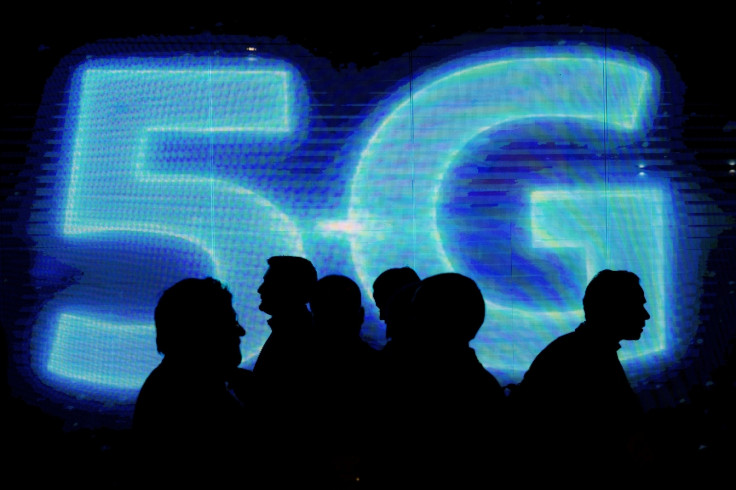5G connectivity sans Chinese tech becoming a reality, global trials start
Chinese companies such as Huawei, which were aiming to sell their 5G wares, are silently or openly being shut out of the process in many countries.
The world is moving towards 5G and it is moving fast. The US Federal Communications Commission (FCC) on Wednesday, gave a go-ahead to 5G trials in New York and Salt Lake City.
These areas will be marked as "innovation zones" and serve as testing grounds for 5G and other wireless tech. FCC will allow participants to run multiple experiments post a single approval, even if they are unrelated. Cellular, broadband and local networking services will work together but more importantly, they will have to remain between FCC guidelines.
The New York innovation zone will support COSMOS (Cloud Enhanced Open Software-defined Mobile Wireless Testbed for City –scale Development). It will be in collaboration with Columbia University, Rutgers University and New York University and will be run in the West Harlem district.
The Salt Lake City zone will support POWDER (Platform for Open Wireless Data-driven Experimental Research with Massive MIMO capabilities). But zones will be connected via "corridors" using tech designed by Rice University and University of Utah.
This is no guarantee of innovation, but the fact remains that 5G trials have started and most of the tech is designed in the US. Designating such large areas for testing means that the government is very serious about 5G implementation.
The fact that the US has completely bypassed Chinese tech from companies such as Huawei, which would have given it a ready-to-be-implemented mechanism, is not to be ignored.
Not so long ago, using Chinese tech seemed unavoidable especially in telecom. However, post the Trump administration's crackdown, alternatives have emerged. The US has started working on designing its 5G tech. Other companies are also working on it.
One such case study is that of India, which is using domestic telecom operators and Swedish telecom equipment manufacturer Ericsson and South Korean tech company Samsung. The country is doing this to bypass Huawei, despite threats of similar measures on trade by China.
Japan and South Korea are conducting similar trials.
The measures taken by the current US dispensation have broken the illusion of China being unsubstantial. Just an year ago financial firm Ernst and Young had published a report on how 5G implementation will make China the key player.
It is fascinating to see how fast the notion has unraveled. If the world moves ahead with 5G, minus Chinese tech, it will set a great example. This will also prove how dependence on Chinese hardware and software can be reduced over time, and how alternatives can be worked upon.
5G should be followed as a case study on how to do this, and its progress will mark if this dependence can be eliminated.

© Copyright IBTimes 2025. All rights reserved.





















